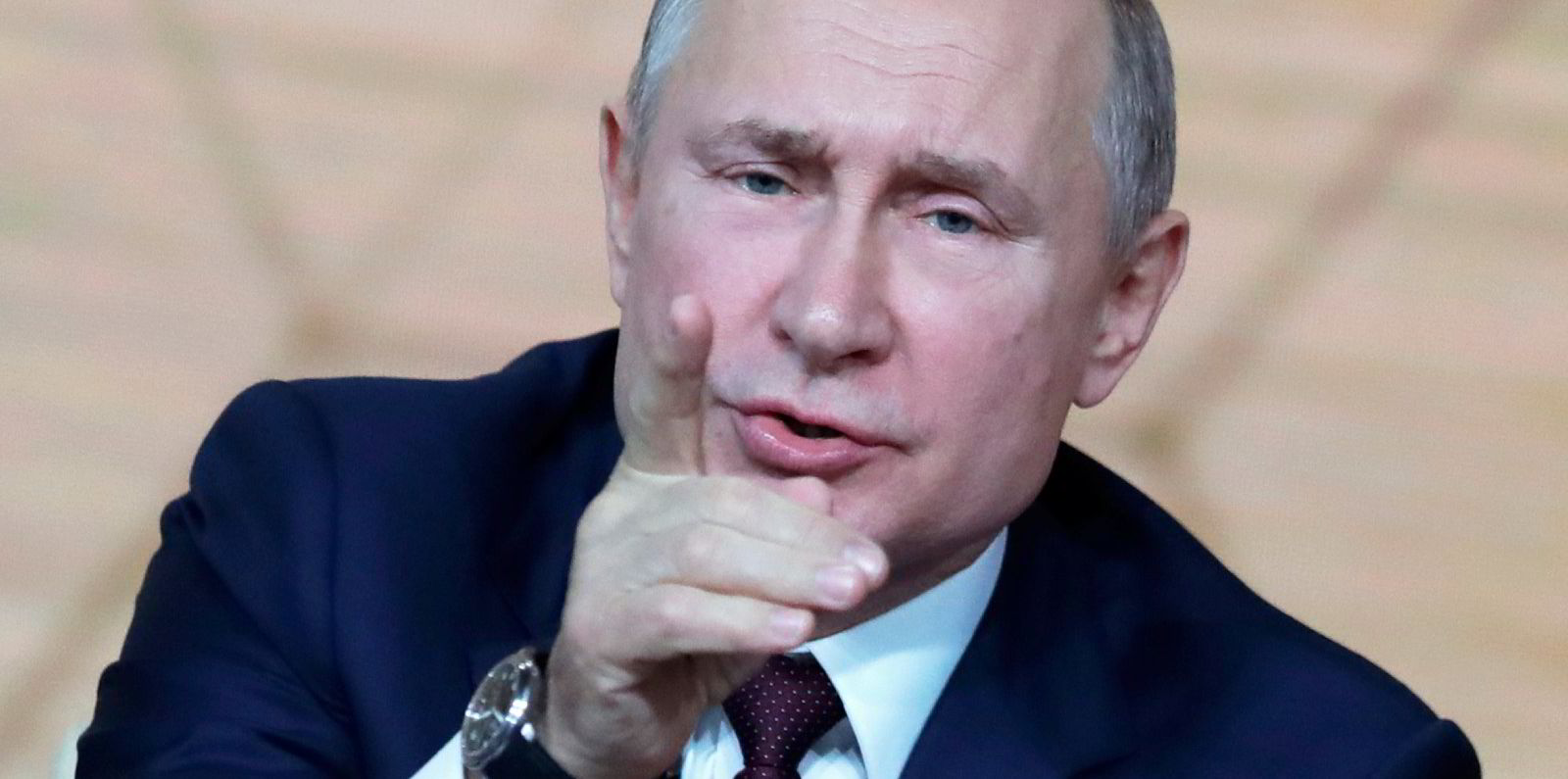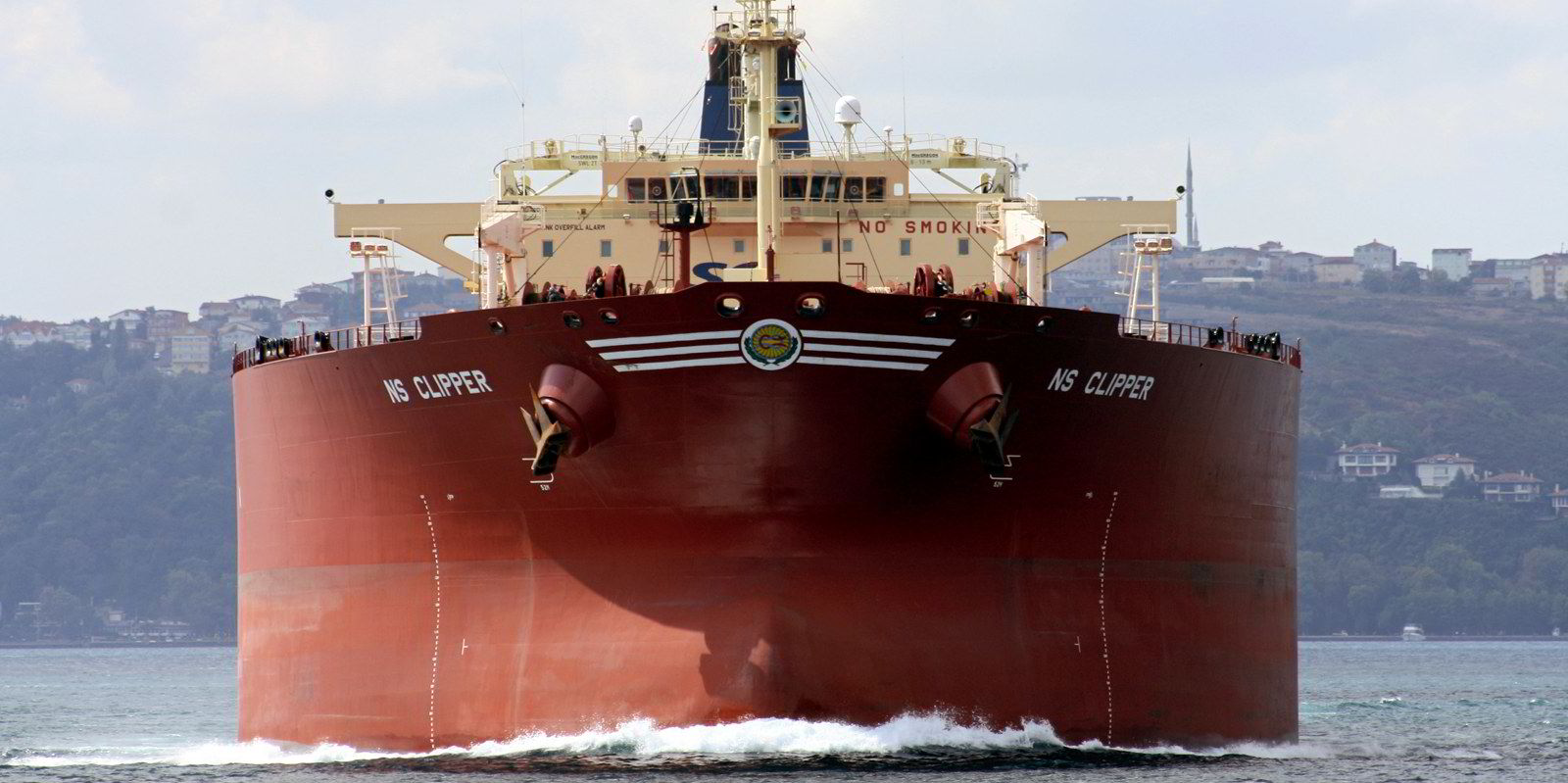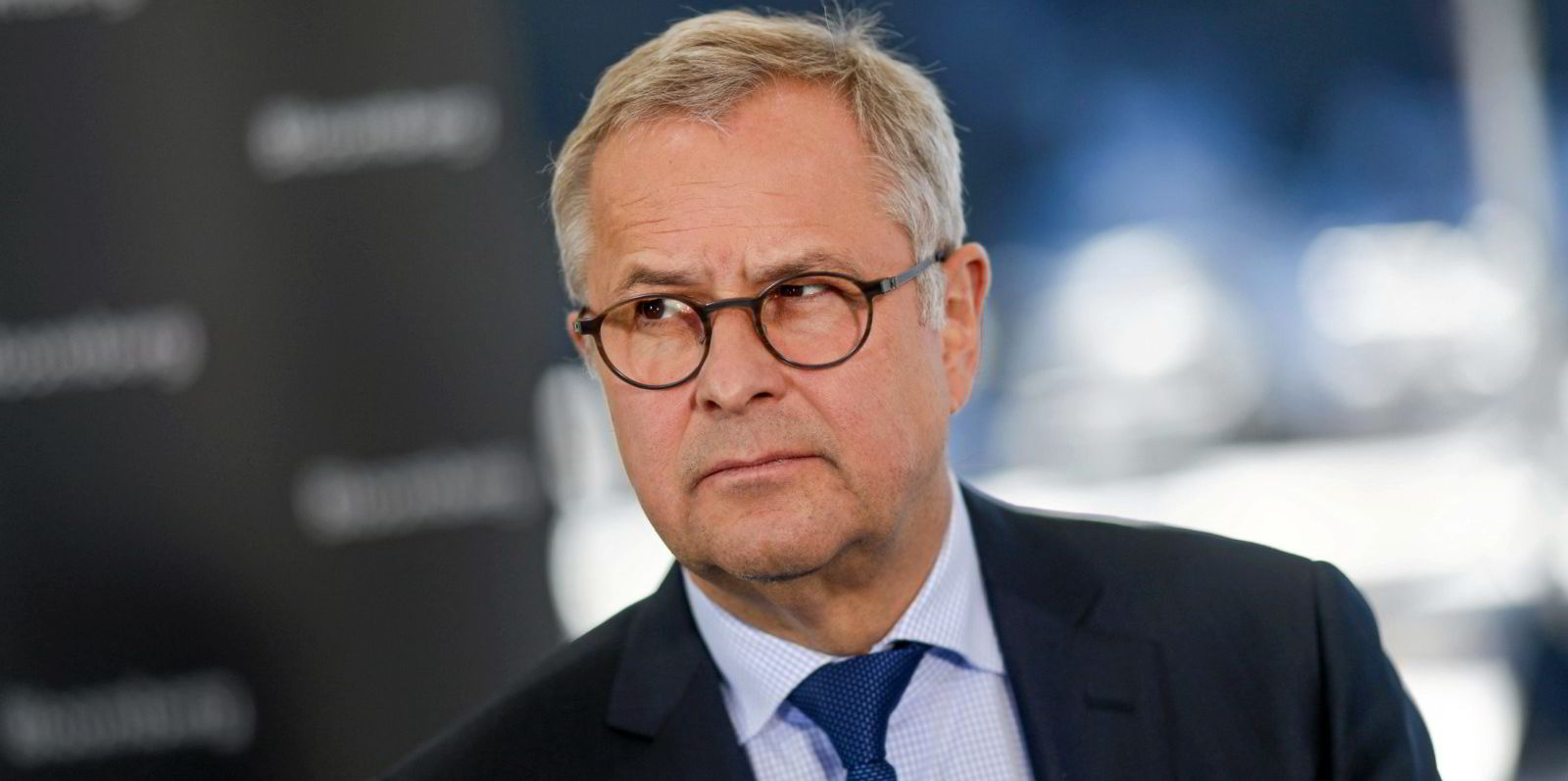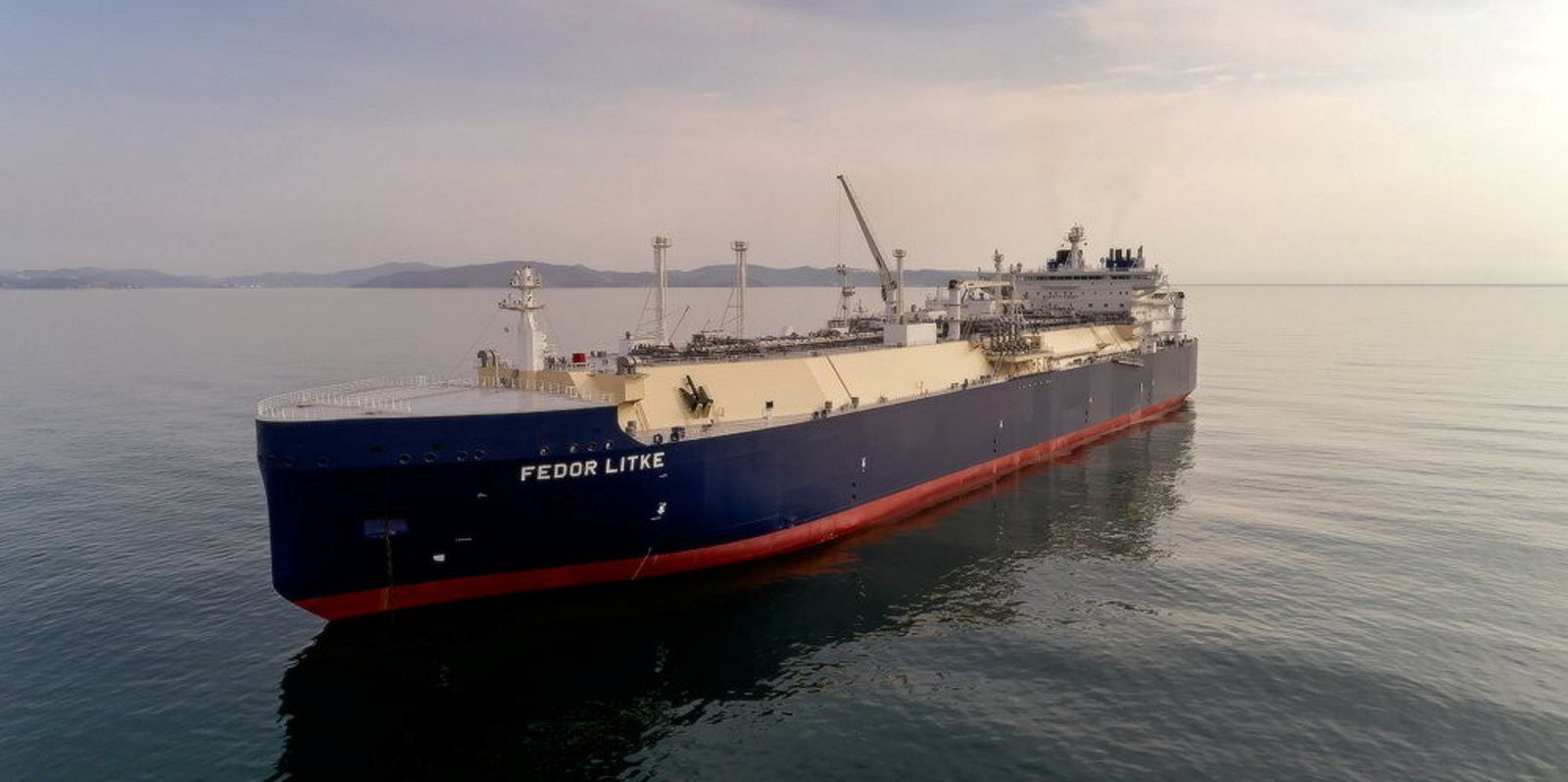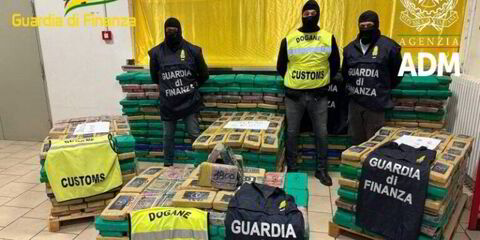The Russian invasion of Ukraine has changed the maritime trading map of the world as Vladimir Putin has created a pariah state in Moscow.
No one knows for sure how this war will develop but the west is now convinced the Russian state is a dangerous actor that must be isolated.
Already there are calls for a war crimes investigation into Russian shelling of civilian areas as Putin steps up the brutality — having badly miscalculated the resolve of Russia’s neighbour to resist.
The global shipping industry is adjusting to the new realities. AP Moller-Maersk, the world’s second largest liner operator, has suspended all bookings to and from Russia. So has Ocean Network Express and others.
Russian state-owned shipping giant Sovcomflot has had US financial sanctions imposed on it in a bid to damage its ability to raise cash.
Gas and LNG supplier Gazprom and oil group Gazprom Neft are also sanctioned alongside a raft of Russian banks and other companies. US President Joe Biden has said he wants also to target Russian shipbuilders.
Foreign investors are now fleeing the country.
BP has announced plans to sell off its 20% stake in state oil group Rosneft, while Shell, Equinor and the Norwegian Sovereign Wealth Fund are also pulling out of Russia.
These are huge moves as western oil companies have been happily investing in Russia for 30 years — usually with the direct support of their home governments.
Oil companies such as ExxonMobil and TotalEnergies are now coming under pressure to pull out too.
German approval for the Nord Stream 2 pipeline from Siberia to the Baltic has been withheld although Russian oil, gas and coal exports are still flowing normally — for now.
Russian warships are being blocked from using the Bosphorus and Dardanelles Straits from the Mediterranean into the Black Sea.
Turkey had been asked to do this by Ukraine and is entitled to do under the 1936 Montreux Convention in times of war.
Independent tankers operating in the Baltic and Black Sea areas have seen freight rates soar as many other owners want to steer clear of these areas.
It is not yet illegal for western owners to carry Russian crude or products but there is still a huge shipping premium attached to those exports.
Clarkson Platou reports that suezmax spot voyages from the Black Sea to the Mediterranean were costing up to $165,000 per day. This compared with an average of $5,000 a week earlier.
Worries about future crude supplies from Russia has led to more business with Middle East and US Gulf producers. VLCC rates more than doubled, according to Clarksons.
The situation for shipping and the wider economy will be affected dramatically if there are direct sanctions on Russian energy exports.
The European parliament is expected to call for this, even though it will send oil prices and wider inflation racing even higher.
Brent spot prices are already now well above $100 per barrel with European spot gas prices jumping 40% on Monday alone.
All of shipping is already losing out to some extent as bunker prices have rocketed upwards — and could yet go further.
Germany has already said it will accelerate LNG imports but continental Europe is still hugely dependent on Russian commodities of all sorts.
In fact, general uncertainty over the future of gas caused a 40% decline in charter rates for VLGCs last week, according to Clarksons.
Part of the future picture for maritime trades will be decided by what China and India do. Both, largely friendly to Russia, have been keen to stay out of the row over Ukraine.
Putin has long planned to push more commodities eastwards as tension grew with the US and Europe — even before the Ukraine invasion.
This would mean more long-haul trips from the Baltic and Black Sea but given Russian ports do not support VLCCs, suezmax and aframax tonnage would benefit, says US shipbroker Poten & Partners.
Much depends on what transpires in the coming days and weeks but it looks like this war will not be over quickly.
No doubt Putin has his own strategic reason for going into battle but even if his tanks do take Kyiv, Russia has already lost in the eyes of the world.(Copyright)
